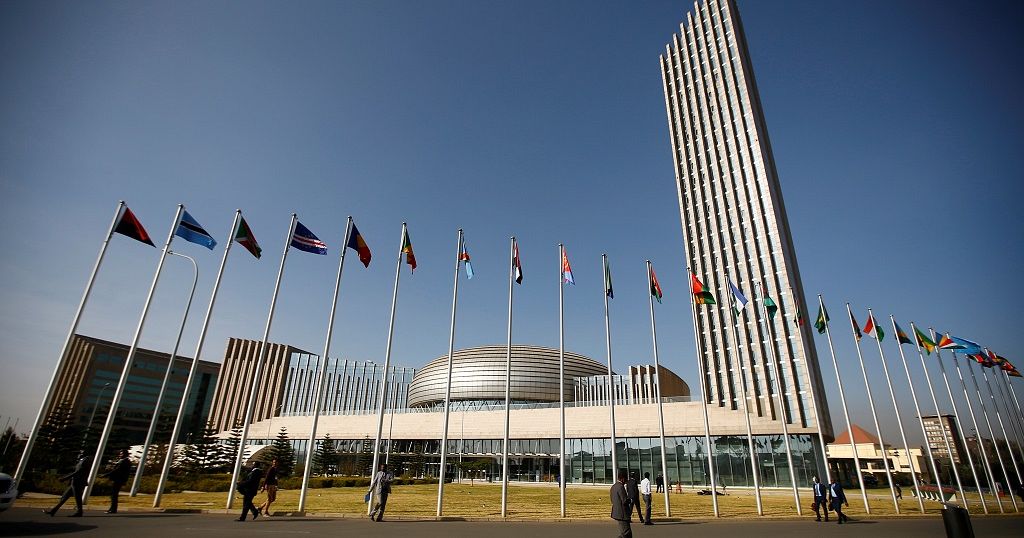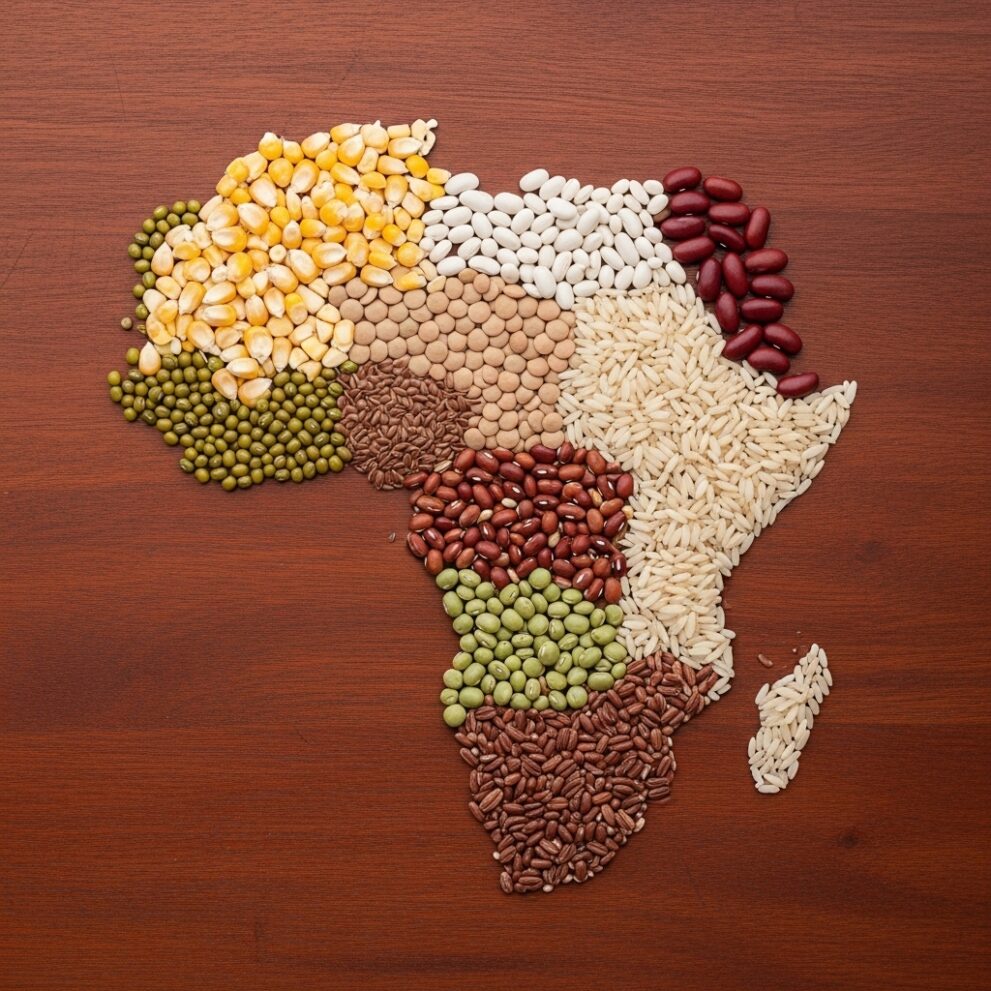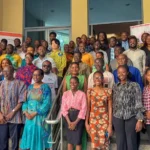Since 2015, the African Union has pursued a bold vision to transform the continent’s nutrition landscape through the Africa Regional Nutrition Strategy (ARNS) 2015–2025. Conceived against a backdrop of persistently high malnutrition rates and uneven progress under the previous 2005–2015 strategy, ARNS offers a comprehensive framework that harnesses political commitment, regional cooperation, and multisectoral action to accelerate improvements in maternal, infant, and child nutrition across Africa.
At its core, ARNS responds directly to the challenges identified over the first decade of AU nutrition programming. As the strategy document observes, “the building blocks were motivated by the consistently high rates of malnutrition on the continent and the lessons learned from the implementation of the last strategy of 2005–2015.” This reflective stance acknowledged both the achievements and shortcomings of past interventions, emphasizing the need for stronger accountability mechanisms and a tighter alignment of resources with priority nutritional outcomes.
A hallmark of the revised strategy is its deep integration with the African Union’s Agenda 2063—a fifty-year blueprint for inclusive growth and sustainable development—and other key AU declarations. By weaving nutrition actions

into the continent’s long-term aspirations, ARNS elevates nutritional well-being as an indispensable pillar of Africa’s socio-economic transformation. The strategy’s architects reasoned that without sustained progress in reducing stunting, wasting, micronutrient deficiencies, and overweight, broader goals such as poverty eradication, gender equality, and human capital development would remain elusive.
Global policy currents also shaped the 2015–2025 roadmap. In anticipation of the post-2015 Sustainable Development Goals, the African Union crafted a Common African Position to ensure that continental priorities featured prominently within the global 2030 agenda.
ARNS thus occupies a strategic nexus: it translates high-level commitments into regional targets, while providing a platform for member states to coordinate policies, share best practices, and mobilize financing for nutrition interventions aligned with SDG 2 (Zero Hunger) and SDG 3 (Good Health and Well-being) among others.
Implementation of ARNS unfolds through four mutually reinforcing strategic pillars. The first emphasizes governance and leadership, calling on AU institutions and national governments to establish clear coordination structures, legal frameworks, and budget lines dedicated to nutrition.
The second pillar focuses on service delivery and capacity strengthening, seeking to bolster the skills of health workers, agricultural extension officers, and community volunteers who deliver essential nutrition actions.
Third, the strategy advocates for multi-sectoral integration, recognizing that improvements in water, sanitation, agriculture, social protection, and education are vital to sustaining nutritional gains.
The final pillar underscores knowledge generation and use, promoting robust monitoring systems, operational research, and data-driven accountability at all levels.
From inception, ARNS envisaged inclusive partnerships as critical to its success. The strategy invites engagement from regional economic communities, civil society networks, academia, private-sector actors, and development partners. By pooling expertise and leveraging comparative advantages, these stakeholders can drive innovations such as biofortification, nutrition-sensitive value chains, and community-led behavior change programs, tailored to the diverse contexts of Africa’s fifty-five member states.
Moreover, the shared ambition to halve child stunting rates and virtually eliminate severe acute malnutrition by 2025 demands that financing mechanisms evolve beyond traditional donor grants to include innovative domestic revenue streams and market-based solutions. As ARNS 2015–2025 enters its final phase, the African Union Southern Africa Regional Office continues to champion regional coordination and peer learning.
Country focal points regularly convene to exchange progress reports, troubleshoot implementation bottlenecks, and refine policy instruments. Early signs of success such as rising coverage of vitamin A supplementation, expanded community-managed nutrition services, and strengthened food fortification programs, underscore the strategy’s potential to catalyze measurable impact.
Yet, sustaining and scaling these gains will require renewed political will, enhanced resource mobilization, and an unwavering focus on equity to ensure that the most vulnerable populations benefit. The Africa Regional Nutrition Strategy stands as a testament to the continent’s collective resolve to break the cycle of malnutrition and unlock the full potential of its people.
By the close of 2025, the AU aims not only to report quantitative improvements against key nutrition indicators but also to have institutionalized the structures, partnerships, and knowledge systems necessary for nutrition to remain at the forefront of Africa’s development agenda.
As policymakers and practitioners accelerate efforts in the strategy’s closing years, the lessons learned will lay the groundwork for the AU’s next decade of action and feed into the broader aspirations of Agenda 2063 and the Sustainable Development Goals.
Source: Africa Regional Nutrition Strategy 2015-2025 | African Union – SARO



